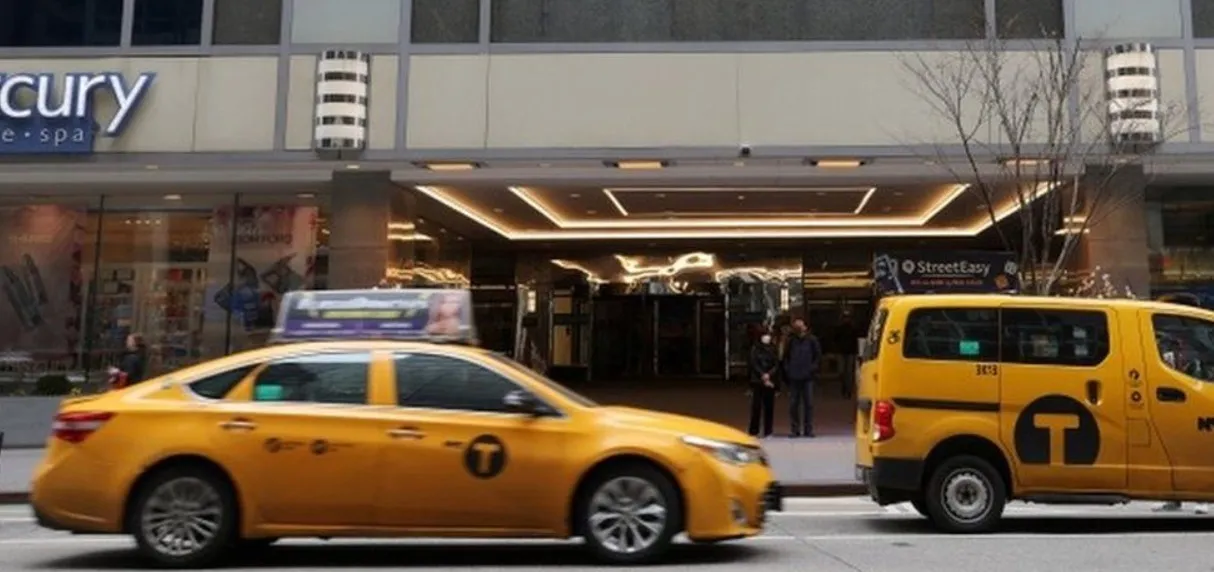New York City has seen a rush of Uber and Lyft drivers seeking to obtain electric vehicle licenses following a change in Taxi and Limousine Commission (TLC) rules.
As commented by the specialized media Wired, what began as a program called Green Rides, part of the city’s strategy to achieve a completely electric fleet by 2030, has become a phenomenon that has left both concessionaires and regulators baffled. .
George Saliba, owner of an electric vehicle dealership in Ewing, New Jersey, was surprised by customers looking for Tesla‘s coveted black-on-black Model Y.
This fact is attributed to an update in TLC rules that makes it easier for aspiring Uber and Lyft drivers to obtain a license if they own an electric vehicle. Demand was so intense that even after a state court ordered a pause in the program, Saliba continued to sell these vehicles at a rapid pace.
The situation highlights the political complexity surrounding the implementation of electric vehicle policies that can disrupt entire transportation systems.
In the case of New York, the city has more tightly regulated Uber and Lyft, limiting the number of licenses and raising concerns about salaries for existing drivers.
Complex EV Policies in New York
New York State is lagging behind in the transition to electric vehicles, with fewer registrations than leading states like California. The lack of fast charging stations and concerns about limited infrastructure have been major obstacles. The Taxi and Limousine Commission hopes that encouraging more Uber and Lyft drivers to adopt electric vehicles will spur the construction of charging stations, creating a cycle of mutual adoption.
However, a group representing taxi and ride-hailing workers filed a lawsuit, arguing that the city did not take adequate steps before implementing the new program, fearing reduced wages and increased traffic congestion. A state judge ordered a pause on the program, leaving the future in the hands of the courts.
Now the intention is to build more charging stations in a city where real estate costs are prohibitive. Charging companies, such as Voltera, point out that existing infrastructure is underutilized, and the lack of access to personal garages for charging presents an additional obstacle to the adoption of electric vehicles in the city.
Despite the concerns, Uber and Lyft support the licensing program, arguing it will encourage adoption of electric vehicles. Both companies have committed to being all-electric in the United States by 2030, and see expanded licensing for electric vehicles as an opportunity to ease the transition of current drivers from gasoline cars to greener vehicles.
This change in rules has also sparked the interest of automakers and charging infrastructure companies, which are looking to adapt to the new generation of electrified drivers. Initial talks could indicate that New York’s strategy is paying off, encouraging companies to invest in new chargers that meet the needs of a growing fleet of electric vehicles on the Big Apple’s busy streets.

